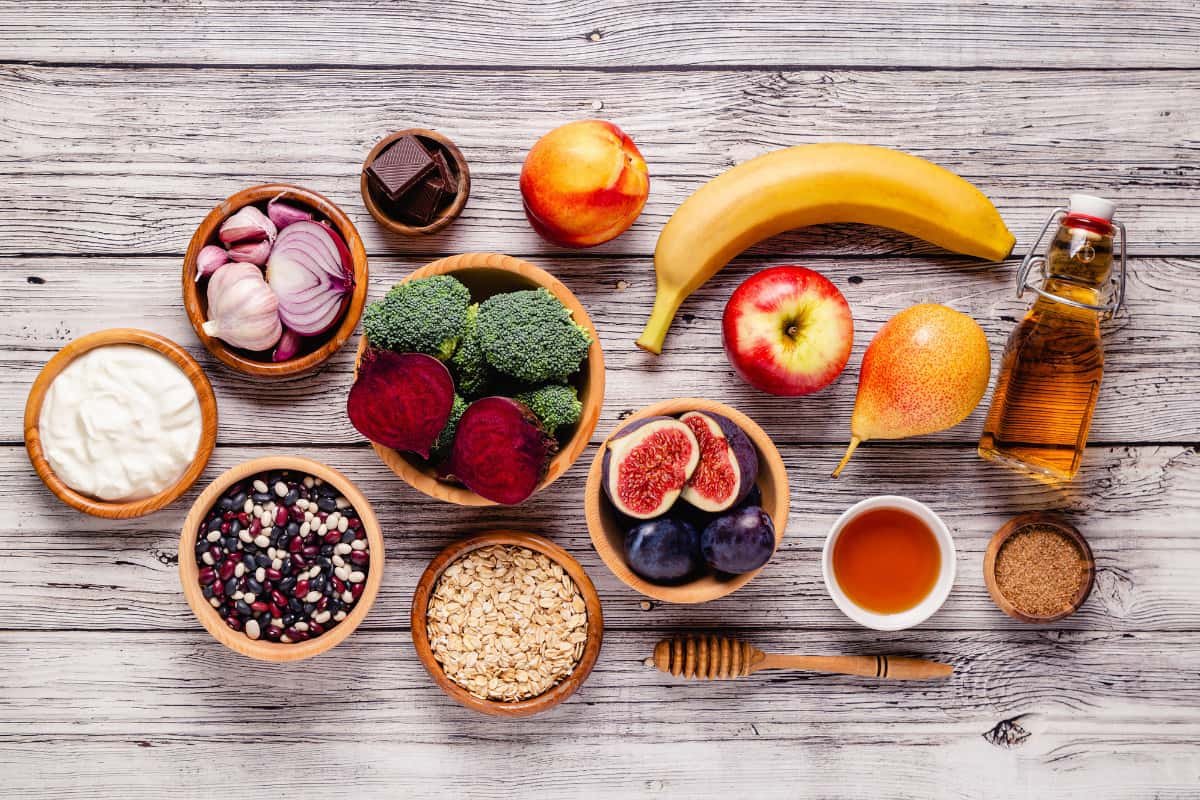If you’ve been feeling tired or seem to catch every cold, the issue might not be lack of sleep or vitamins—it could be your gut. A healthy gut not only helps with digestion but also plays a huge role in your energy levels and immune system. With the right diet and a few simple lifestyle changes, you can naturally boost both.
How Gut Health Impacts Your Energy and Immunity
Your gut is home to trillions of bacteria that help your body in more ways than just digesting food. These bacteria break down nutrients, produce essential vitamins, and regulate how your body fights off illness. When the balance of bacteria in your gut is off, it can leave you feeling sluggish and more vulnerable to getting sick. But when your gut is healthy, you’re more likely to feel energized and better protected.
Gut-Healthy Foods to Add to Your Diet
One of the easiest ways to support your gut is through the food you eat. A gut-healthy diet focuses on whole, unprocessed foods that promote good bacteria and efficient digestion:
- Eat more fiber: Fiber-rich foods like fruits, vegetables, legumes, and whole grains are essential for good digestion and keeping things moving smoothly.
- Add fermented foods: Foods like yogurt, kefir, sauerkraut, and kimchi contain beneficial bacteria (probiotics) that can help balance your gut microbiome.
- Try prebiotic foods: Prebiotics, found in foods like garlic, onions, and bananas, feed the good bacteria in your gut and help them thrive.
Supporting Gut Motility for Better Energy
Keeping your digestion smooth and regular is crucial for feeling light and energized. Gut motility refers to how well food moves through your digestive system, and there are several natural ways to support this process:
- Stay active: Regular exercise, even something as simple as walking, helps promote healthy digestion by stimulating gut muscles.
- Hydrate: Drinking plenty of water is essential for keeping food moving through your system and preventing constipation.
- Eat enough fiber: Fiber acts like a natural scrubber for your digestive tract, promoting regular bowel movements.
- Supplements: Some people may need additional support to manage their gut health, and might need additional supplementation in their diet, such as gut motility supplements.
Managing Dairy Sensitivities
For those who love dairy but struggle with lactose intolerance, digestion can be tricky. Lactose intolerance occurs when your body doesn’t produce enough lactase, the enzyme needed to break down lactose in dairy products. This can cause bloating, gas, and discomfort.
To manage this, you can opt for lactose-free dairy alternatives or use lactase pills with your meals. These pills provide the enzyme your body needs to digest lactose, allowing you to enjoy dairy without the unpleasant side effects. It’s a simple solution when you don’t want to give up your favorite dairy foods.
Simple Lifestyle Habits for Gut Health
Beyond your diet, the way you live can also have a huge impact on your gut health. Here are a few habits to support your digestion and overall well-being:
- Prioritize sleep: A healthy gut and quality sleep go hand-in-hand. Make sure you’re getting 7–9 hours of restful sleep each night to support your digestion and immune system.
- Manage stress: Chronic stress can disrupt the balance of bacteria in your gut. Activities like meditation, yoga, or even taking regular breaks can help reduce stress and improve gut function.
- Stay active: Exercise not only helps with gut motility but also supports a balanced gut microbiome. Try to incorporate regular physical activity into your routine, even if it’s just a short daily walk.
Final Thoughts
Your gut health is at the core of how you feel, both physically and mentally. By making small changes to your diet—like increasing fiber, adding fermented foods, and staying hydrated—you can naturally improve your energy levels and strengthen your immune system. And if you need a little extra help, gut motility supplements and lactase pills can be useful tools to keep your digestion on track. Remember, taking care of your gut is one of the best ways to support your overall health and well-being.
